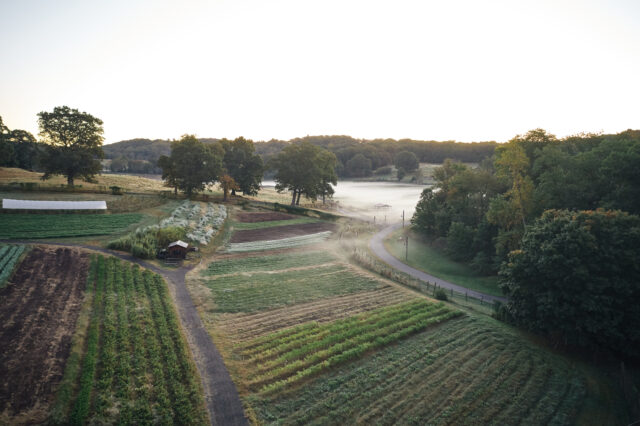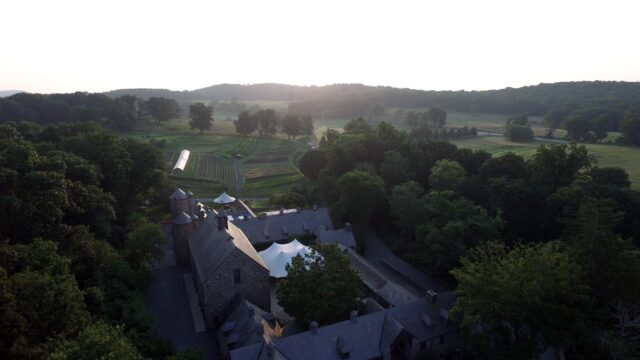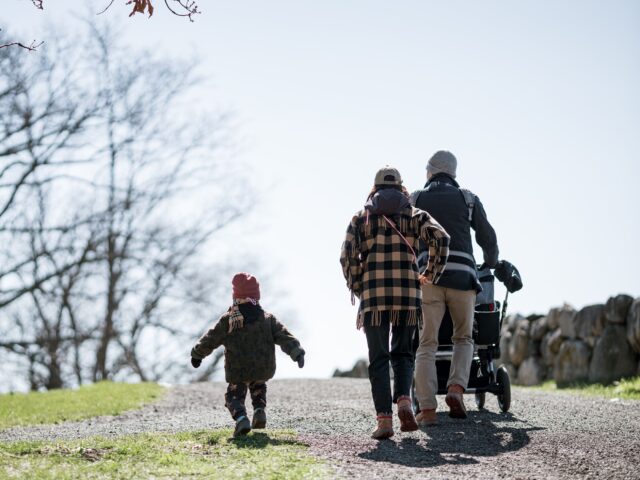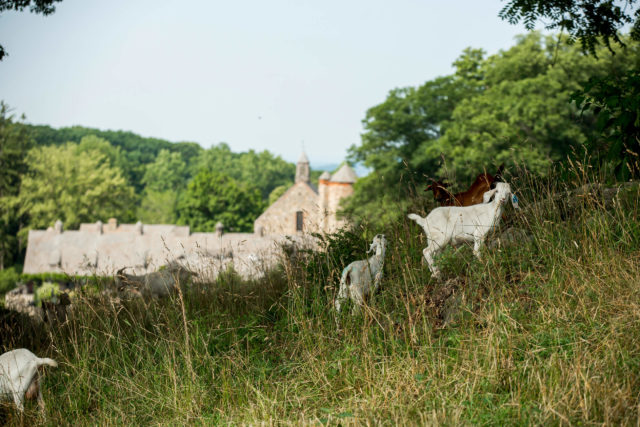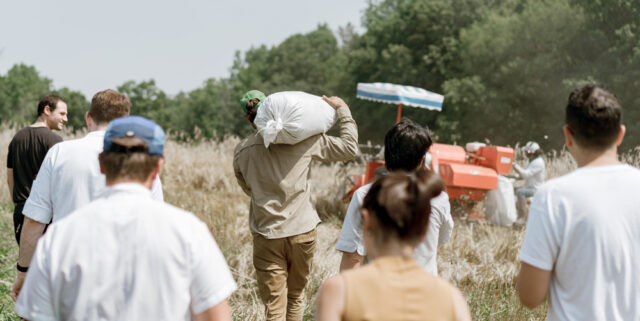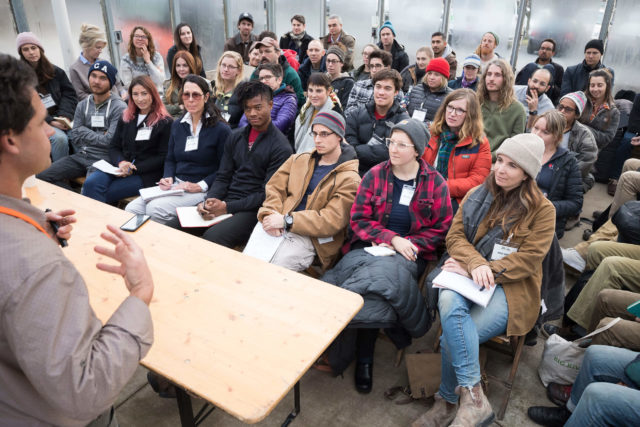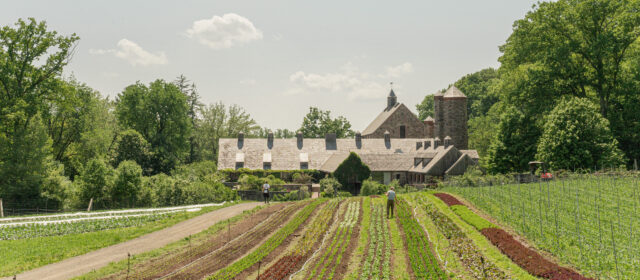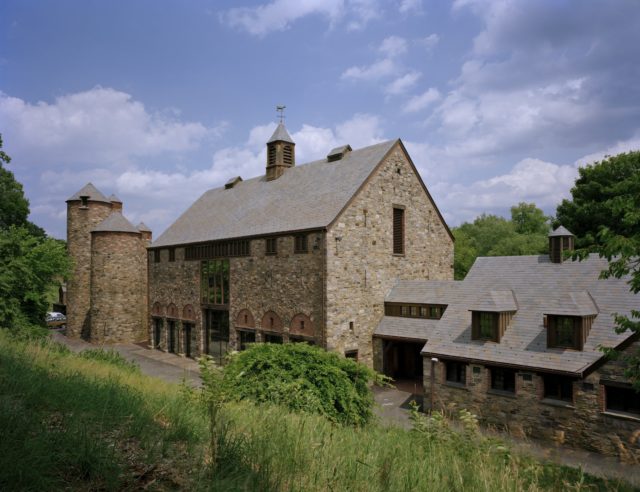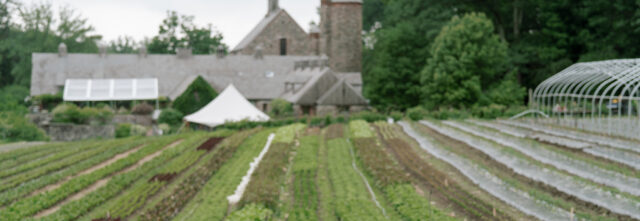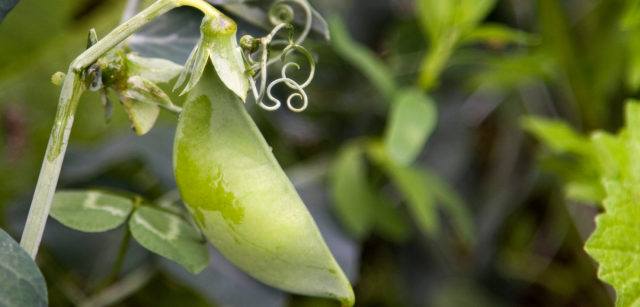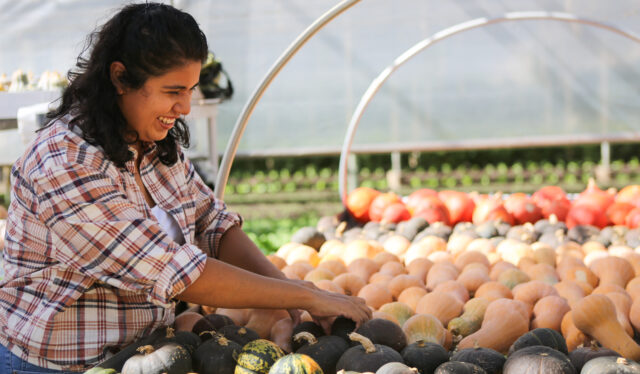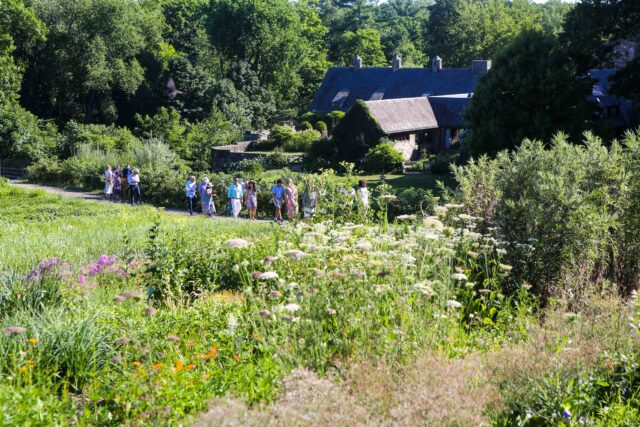At the Pass
Named for “the pass”—the intense area in a kitchen where the dishes are plated and then organized for the waiters—this weekly program offered a behind-the-scenes look at the culinary and agricultural influences and techniques that shaped the Chef in Residence at Stone Barns menus. Topics of these 45-minute conversations were co-curated with the Chefs in Residence, who invited a diverse roster of speakers from their communities and networks to join in the discussions. Lessons included food literacy, the industrialization of food systems and culture, mutual aid, food accessibility in the face of the global pandemic, foodways, cuisine’s relationship to place, nature and the human microbiome, and the role of women in storytelling and upholding food traditions, among so many others. During Season One, At the Pass was available to Stone Barns Center members and Chef in Residence diners. In an effort to expand our impact, this program was opened to the public at no cost during Season Two.
Elements Days
Throughout their Residency, each chef engaged deeply with the work of the on-site Meat Processing Center, Preservation Lab, Cold Storage Lab, Seed Lab, Mill & Bakery, and Arts & Ecology Center. These collaborations with farmers, cooks, artisans, suppliers, seed breeders and others invited the chefs to step into new areas of their work while also advancing the work of the labs. As a result, each chef chose an ingredient or collaboration to highlight during a monthly “Elements” day, which featured virtual discussions with other thought leaders as well as cooking demonstrations for the public. Chef Shola Olunloyo highlighted grass-fed meat goats and the important role they play in the field, forest and on the plate. Chef Omar Tate explored the economic and cultural impact of rice cultivation, labor and trade in America, with a specific emphasis on the Lowcountry in South Carolina and Georgia. Chef Johnny Ortiz examined the ways in which we interact with the lands we inhabit, and offered a live cooking demonstration at the outdoor horno oven, which he and our farm team built with adobe clay bricks from New Mexico and soil from the fields at Stone Barns. Chef Victoria Blamey focused on the environment of the coast, exploring the crucial roles foods like seaweed and shellfish play in the health of our oceans, farms and broader ecosystems. Stone Barns offered scholarships for distribution by our partner organizations to ensure this programming was available to participants who otherwise could not afford to join.
resourcED Chef in Residence Meal Boxes
Due to ongoing safety concerns, the capacity of the dining room remained limited from March – May 2021. In order to ensure an even larger audience was able to experience each chef’s interpretation of our landscape, we produced more than 1,200 resourcED Resident Chef meal boxes for sale to the public. We also donated prepared meals and ingredients to local families in need, feeding more than 2,400 with meals inspired by the residents. Donations were made to our longstanding partners as well as new organizations identified by the Chef in Residence, including Open Door Medical Center, Saints John Paul and Clement Food Pantry, Rockland Pride Center, Mixteca and the Brownsville Community Culinary Center.
Community Learning
During the Chef in Residence program, we partnered with Emma’s Torch, an organization that uses culinary education to empower refugees, asylees and survivors of human trafficking. Cohorts spoke with resident chefs about their heritage, techniques and experiences, and discussed the important role agriculture plays in culinary practices and cuisine with Stone Barns Center farmers. Each participant was also given a box of ingredients to replicate one of the courses from the Chef in Residence menu. This three-hour program was scheduled just in advance of the students’ graduation, helping them bridge the gap between culinary school and their future in professional kitchens. As COVID restrictions begin to ease, we began welcoming cohorts to campus for in-person engagement and provided free transportation for participants.
Cooks and Farmers Meetings
As part of our overarching work to build a better food system, Stone Barns and Blue Hill strive to foster a new generation of cooks and farmers, starting with our own teams. During Chef in Residence, we hosted Cooks and Farmers meetings two to three times a week to ensure members from every department had an opportunity to learn from and connect with one another. These programs welcomed guest speakers and experts on topics from “Egusi and Nigerian Foodways” to “Being a Chef and an Activist,” from “Ancestral Taos Farming Practices” to “Cultivating Relationships with Local Fishermen.” Constant learning is integral to the day-to-day success of our campus and we hope to model what a workplace can look like when it also serves as a classroom. By prioritizing the ongoing professional development of our team, we are investing in the long-term success of our initiatives while also building a strong alumni base as staff members launch their own enterprises or enter new industries.



